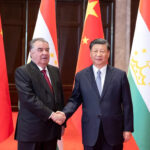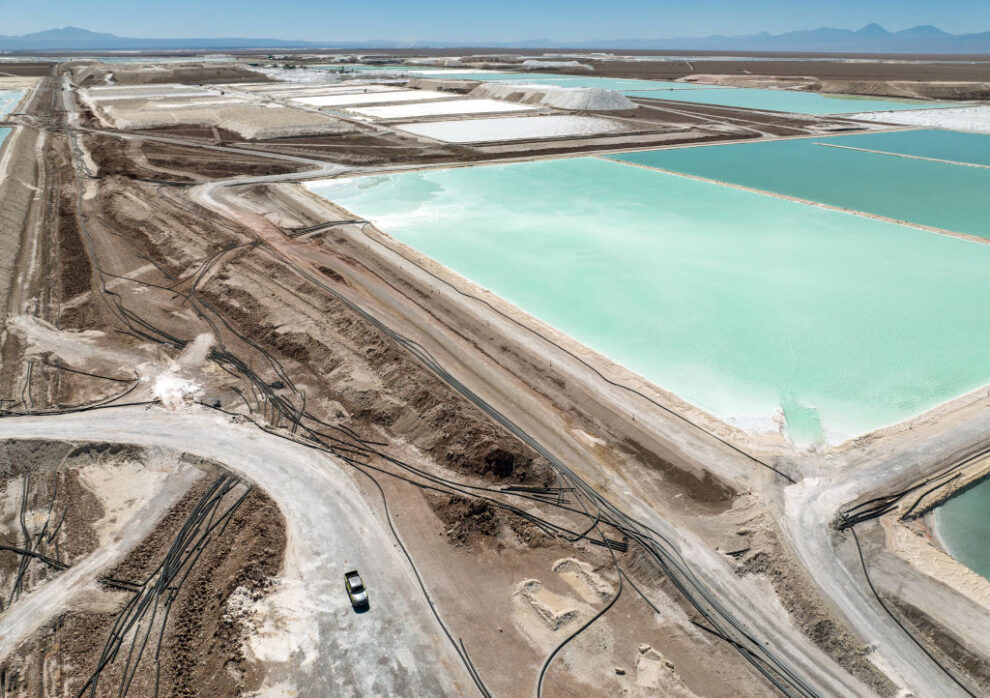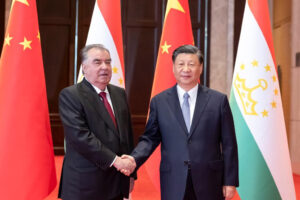Chilean politics swung back to the pro-free market right this month, with voters electing conservatives to dominate the assembly that will draft the country’s first new constitution since 1980. The stakes are high in Chile’s rightward lurch for everything from the economy to crime to abortion rights. The political pendulum swings will also have big implications for the global clean energy transition given Chile’s role as a dominant supplier of lithium, a crucial component of batteries for electric vehicles and renewable energy storage systems.
In late April, Chile’s leftist government unveiled a new lithium strategy, aimed at asserting greater state control over the industry as well as increasing the sustainability of production. The move comes at a time when governments and companies around the world are seeking to secure their lithium supply chains and expand production. With the world’s largest economically recoverable lithium reserves, Chile plays a massive role in the global clean energy transition. The new strategy risks backfiring, however, and turning into a roadblock to the rapid expansion of lithium supply needed for the energy transition. The recent political shift thus provides an opportunity to recalibrate the strategy to ensure Chile can attract the private investment needed to increase lithium mining at the scale and speed that the clean energy transition requires.
While the Chilean government’s focus on sustainability is laudable, the strategy is a confusing policy proposal that lacks the objectives, timeline, and resource allocation necessary to support the rapid expansion of lithium supply at a pace consistent with trying to decarbonize the global energy system by midcentury.
In its current form, the strategy risks asphyxiating the industry. Investors prefer predictability, but the new strategy relies heavily on undefined innovations and lacks clear implementation specifics, exacerbating uncertainty and making it difficult for investors to make informed decisions about the potential of Chile’s lithium industry.
To increase production, the strategy proposes that the government invite new players and negotiate with the two companies that currently produce lithium in the Atacama salt flat to extend their operation contracts in exchange for state control. Yet in its effort to attract new players, the strategy gets several things wrong.
First, it lacks clarity. In the name of sustainability, for example, lithium mining operations will be prohibited in 30 percent of the country’s salt flats area. Protecting vulnerable ecosystems is a commendable goal, but a clear and predictable process with a well-defined methodology to decide which areas are open to exploitation is missing. That risks lengthy, politicized delays.
The absence of basic definitions is also evident in other areas that are critical for investors, specifically those pertaining to state control. In some areas of what the strategy document calls “strategic value,” private companies will be invited to invest, but with state control. In others, state control will not be a requirement. The strategy does not say where those areas of strategic value are, however.
To add even more complexity, in some cases, the invitation to new players to explore and eventually produce will be made directly by the government, offering special lithium operation contracts. In others, two state-owned mining enterprises, Codelco and Enami, are tasked with inviting new companies to join them in developing lithium projects. Given that these state-owned companies face financial, operational, and technical challenges, this could very well lower the efficiency of the resulting joint ventures.
To be sure, new government policy plans are often cast in general terms, with implantation details worked out over time. But Chile’s new lithium plan lacks even basic definitions and explanations that would provide more clarity to the industry. Before this process is completed, it is impossible to attract new players and expand production.
The second problem is the strategy’s ambition to push for state control. The state has the right, if not the responsibility, to extract economic rents from Chile’s resources. But controlling lithium operations is not the best way to maximize value for the state. The track record of state-owned enterprises in Chile is mixed, at best. To make things worse, as the government itself has declared, the Chilean state has neither the expertise nor the capabilities to run lithium operations. The learning curve risks being slow and costly, hurting the country’s ability to profitably and sustainably increase supply, which is a requirement to generate value.
Source: Foreign Policy
















